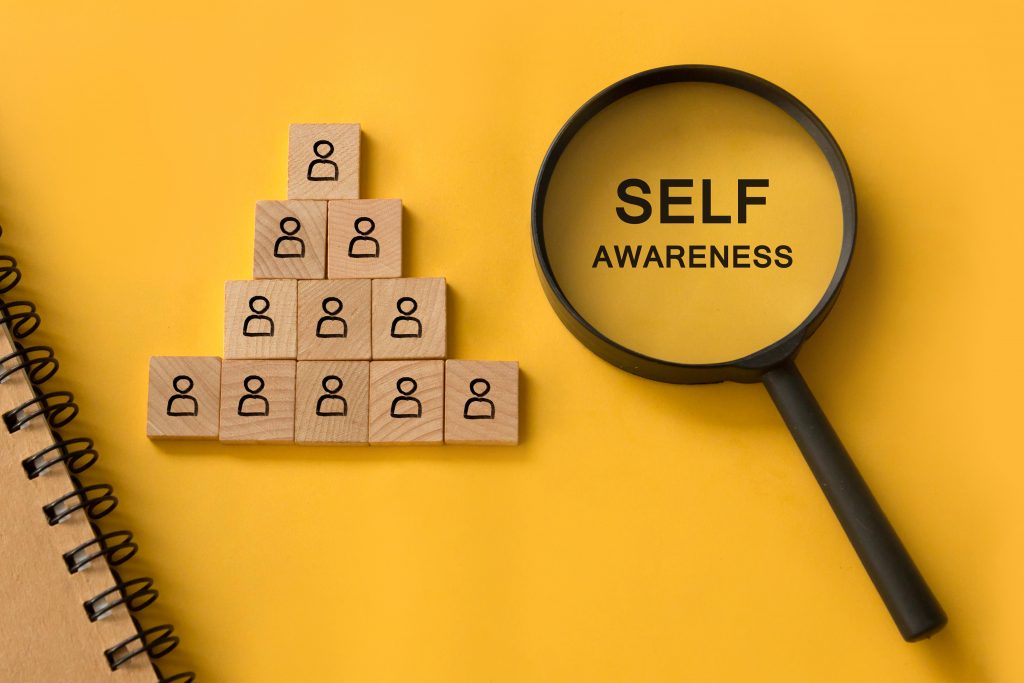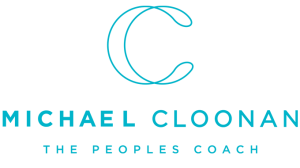If you’re anything like me, working in the business world as someone who relishes the fast paced nature of it all can certainly have its advantages.
When colleagues want to brainstorm on the fly? No problem. Busy meeting where everyone is trying to have their say? I’ll draw upon my intuitive thinking and ability to look at the bigger picture to rise above it.
The truth is there are so many positives to being naturally hyperfocused and willing to multi-task at the drop of a hat, which is why it can be all too easy to overlook any of the negative consequences.
Here’s how I managed to tackle them head on:
Self-aware equals self-care
Learning to be more self-aware was a game changer for me. I used to run around constantly on autopilot and not really take in what was going on around me, what I was doing, or how I was doing it.
So, when it came to me having to use that same skill set for similar tasks, I struggled. I didn’t know what tools or resources I was using that made that specific task successful.
And on the contrary, when I was making mistakes, I was repeating them over and over as I didn’t take the time out to see what was not working for me.
Essentially, I didn’t learn from my experiences – as the saying goes.
Taking time to reflect
Becoming more self-aware; pausing to acknowledge what I’m doing, how I’m doing it, and why I’m doing it has enhanced everything within my business and personal life tenfold.
By taking time out to monitor my emotions and I how I’m reacting to them, I can learn to embrace not only my strengths, but also acknowledge any weaknesses or triggers for stress so that they don’t impact my life in a negative way.
How to become self-aware
It’s one thing for me to say, “Be more self-aware”, but what does that actually involve? It’s not something we can just turn on and off like a tap.
Here are some tips I find particularly useful when I need to reflect rather than react:
- Don’t be afraid to ask for feedback from others
- Learn new skills to force you to think in different way
- Be mindful of unhelpful thoughts or habits
- Set aside time each day to reflect on your decisions and interactions
- Pay attention to your emotions in the moment
Practicing some of the above each day means they will eventually become habitual, meaning you will be well on the way to pro-actively working on your weaknesses, rather than hiding from them.

